- As Romney takes his campaign overseas for the first time, his behaviour alongside his campaign history highlights aspects of not just Republican politics, but American politics as a whole that would seem completely alien to those in the UK.
If you’re a resident of the United Kingdom (or perhaps anywhere that isn’t the USA) you might have been aware of the Republican frontman’s undiplomatic doubts about Britain and its ability to host the Olympics, just a day before the Opening Ceremony was to begin. Far from being the end of the world, or even his campaign for that matter, the implications, reactions and reasons revolving this apparent ‘blunder’ say more about the alien world of American politics than possibly anything in recent memory. So the question is, if we’ve heard so much of his ‘gaffes’, why aren’t we declaring Obama the victor already?
First of all, it’s important to remember that despite the UK tabloid’s ferocious attacks, or the London Mayor’s mockery, the USA (and largely the world) has really struggled to give a shit. To put it into perspective, the man on his first campaign trip abroad couldn’t even get our country’s name right, calling it England – the virtual equivalent of calling the United States ‘Texas’. But why? Surely the man challenging the incumbent for the post of “Leader of the Free World” shouldn’t be pissing off its ‘greatest ally’ on his first trip to meet and greet? Breaking news, if anything – his Olympics ‘gaffe’ only made his journey to the White House an easier one. No, I’m not even joking. Take a look at the video below to see what I’m talking about, pay attention to the penultimate reason specifically.
To an average Brit, the denouncing of an ally’s Olympic opening ceremony tied with the inability to remember their name would almost run them out of town. Being perceived as unprofessional and incompetent, the British press and electorate would jump on them like a rabid dog. Granted, the video example is a little white trash, a little far-right and a little… well, bonkers (“we don’t know where he comes from” – try America). But in reality it says a sizable amount not just about American priorities, but staunch Republican values – y’know, the values that will probably see him carried into the White House. To hard-line Conservatives, this is America at its best – crass, proud and uncaring. The American right cares little for nitty-gritty foreign policy and the concerns of other sovereign nations, if anything their only priority is parading around American exceptionalism wherever they can, proving still that the United States is No.1, and more importantly always will be.
Perhaps unsurprisingly so, as this election (unlike those of the Bush era) will be the most distant from foreign policy there have been in recent memory. Struggling with a troubled economy, the already insular American public and media have become ever more focused on their domestic financial problems, healthcare controversy and gas prices (often a symbol of freedom in the vast landscape of the USA).
But if your first impressions of the American political landscape were an electorate tolerant (even accepting) of incompetence, you’re still not completely wrong.
Mitt Romney has proved himself to flip-flop on vital issues to the American public and his Conservative supporters, not just once, but time and time again. Vietnam, stem cell research, Reagan (something of a Conservative hero), abortion, ‘Obamacare’ (a system he originally instituted in his state of Massachusetts, now promising to repeal nationwide if he were to win), even small and apparently meaningless facts. At best, he has a memory disorder, at worst he’s a desperate unempathetic suit who’ll say just about anything to get in the White House. Just a quick reminder, this is the man who’ll control the biggest nuclear arsenal in the world, have the strongest diplomatic clout and head the world’s only superpower. Question is, do the American public (more specifically the ones who’ll be voting for him) even know of his flip-flop endeavors? Chances not.
Unlike the UK, the United States has news coverage that quite obviously favours one political view over another. Fox, despite its ability to perpetuate an array of quality American films and entertainment around the globe, has possibly the most biased news network in the Western world. But unlike the rest of us, America simultaneously sees Fox as the second most trusted news network in the country whilst also being the top untrusted network too. This alone is a testament to just how divisive their news coverage is. Most revealing of all is the political affiliations of those who trusted, and those who did not trust the station.
A TV News Poll by Public Polling Policy revealed 72% of Conservatives trusted the Fox News coverage, while 82% of Liberals didn’t. And considering that Fox has been under the spotlight for allegations of conservative bias several times, it’s understandable why those who share the political slant of the coverage are those who favour the channel the most. Considering this, it is also understandable to see why those who are most likely to vote for Romney in 2012 are those who would be least likely to know about his ever-changing stance on important issues. Ironically, the Presidential Candidate for the Democratic party in 2004, John Kerry, was hounded for being an apparent flip flopper in his race against George W Bush. And more revealing still is how Fox News has absolutely no mention of Romney’s same crime. It’s easy to see how this withholding of information in order to make your chosen candidate appear the superior is the perfect breeding ground for an uninformed and unfair election – with the American electorate paying the biggest price for it.
I might find BBC News, Sky News, ITV News and all the rest slightly cold and stoic in comparison to their American counterparts. But in order to have a more intelligent and informed debate about who’ll lead my country in the years to come, I’m willing to sacrifice a bit of showmanship in my news coverage. And in order to truly understand the American political landscape, you must understand that Romney’s hopes of entering the White House rest largely on a ‘free’ press. A press free to say whatever the fuck it wants.
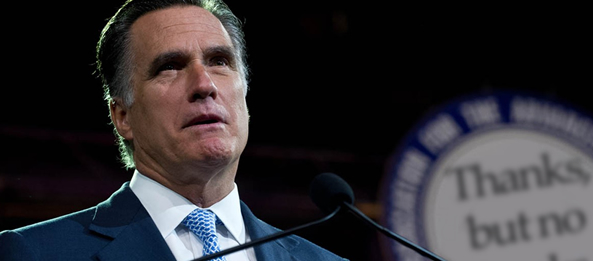
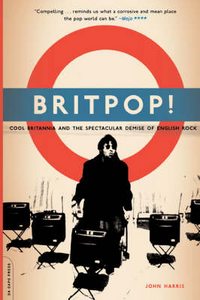
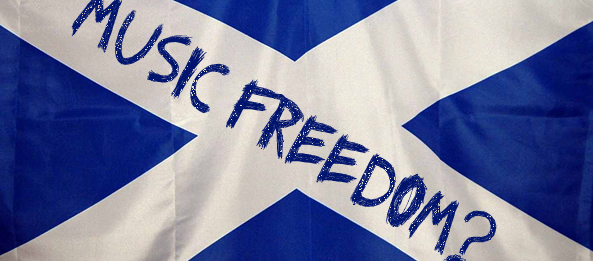
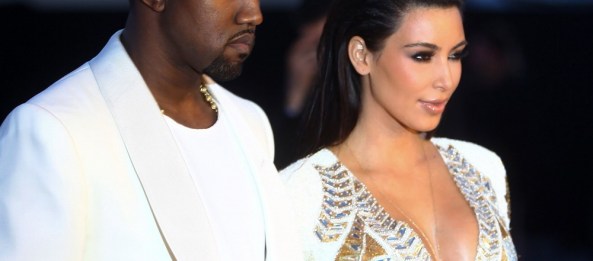
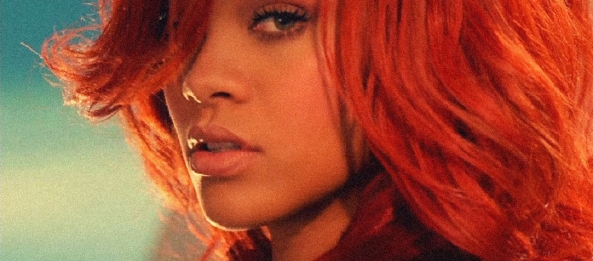

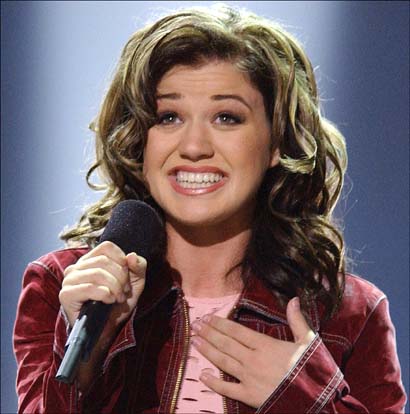


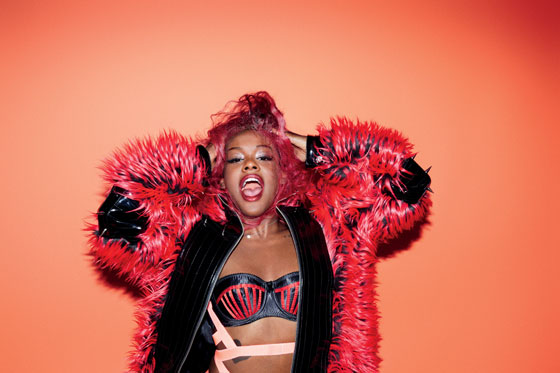
 The fact is, if my house was the planet’s butthole, than New York would be its mind. Innovative, creative, exciting and more or less the place where it all happens. Don’t get me wrong, cities like London, Dusseldorf, Tokyo and Seoul have in most respects just as much to give to the world’s cultural mixing bowl as the great NY, but none of them quite beat New York.
The fact is, if my house was the planet’s butthole, than New York would be its mind. Innovative, creative, exciting and more or less the place where it all happens. Don’t get me wrong, cities like London, Dusseldorf, Tokyo and Seoul have in most respects just as much to give to the world’s cultural mixing bowl as the great NY, but none of them quite beat New York.